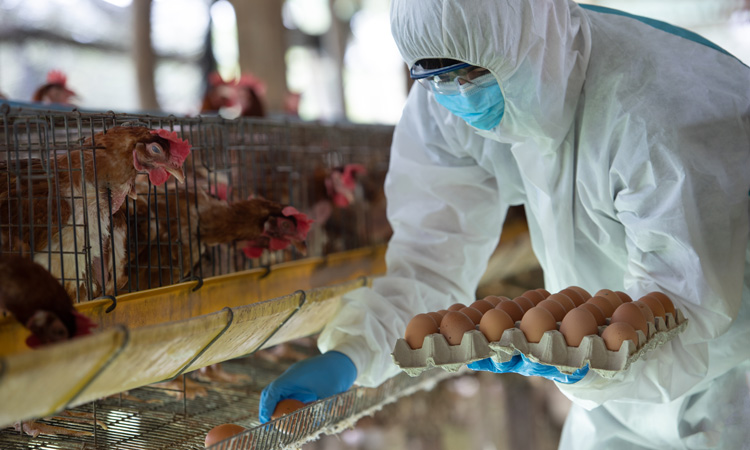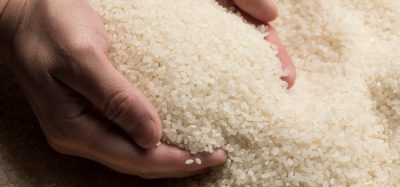“Critical need” to understand impact of COVID-19 in livestock
Posted: 11 May 2020 | Sam Mehmet (New Food) | No comments yet
There is a “critical need” to better understand how COVID-19 infects certain animal species, the possibility of transmission, and how this could impact food security and the economy, according to authors of a new scientific paper.


A new paper has identified the “critical need” for better understanding on the ability of the COVID-19 virus to infect certain animal species and livestock, the transmissibility of infection between humans and those animals, and the impact infection could have on food security and the economy.
The article, which focuses on companion animals, livestock and poultry, working animals such as military service dogs, and zoo species, identified three urgent issues to consider: the potential for domesticated animals to transmit infection to humans and to contribute to community spread of disease; the impact on food security, economy, and trade if livestock and poultry are affected by coronavirus; and the effect on national security if the virus infects military service dogs and impairs their sense of smell, often used for tracking and to detect explosives and narcotics.
Tracey McNamara, DVM, DACVP, NAPf, Western University of Health Sciences (Pomona, CA), Juergen Richt, DVM PhD, Kansas State University (Manhattan, Kansas) and Larry Glickman, VMD, DrPH, Purdue University (West Lafayette, IN) co-authored the article entitled “A Critical Needs Assessment for Research in Companion Animals and Livestock Following the Pandemic of COVID-19 in Humans.”
Stringent studies are needed, the article highlighted, with robust data collection, and not just anecdotal evidence. Dogs, cats, lions, and tigers have all already tested positive for the COVID-19 virus, and so the authors argued that studies are needed on the transmissibility of the virus between animal species and between animals and humans, on the best diagnostic tests available for companion animals and livestock, and on how COVID-19 is expressed in animals.
“The potential for zoonotic SARS-CoV-2 to infect companion animals has been a topic of much discussion,” said Stephen Higgs, PhD, Editor-in-Chief of Vector-Borne and Zoonotic Diseases and Director, Biosecurity Research Institute, Kansas State University, Manhattan, KS. “With over three million cases of COVID-19 and over a quarter of a million deaths worldwide so far since January, it is vital that we understand the risks posed by domestic animals as a possible source for human infection. This review, brings all of what we know about SARS-CoV-2, pets, and other animals to our readership.”
Related topics
COVID-19, Food Security, Research & development, Trade & Economy
Related organisations
Related people
Juergen Richt, Larry Glickman, Stephen Higgs, Tracey McNamara









